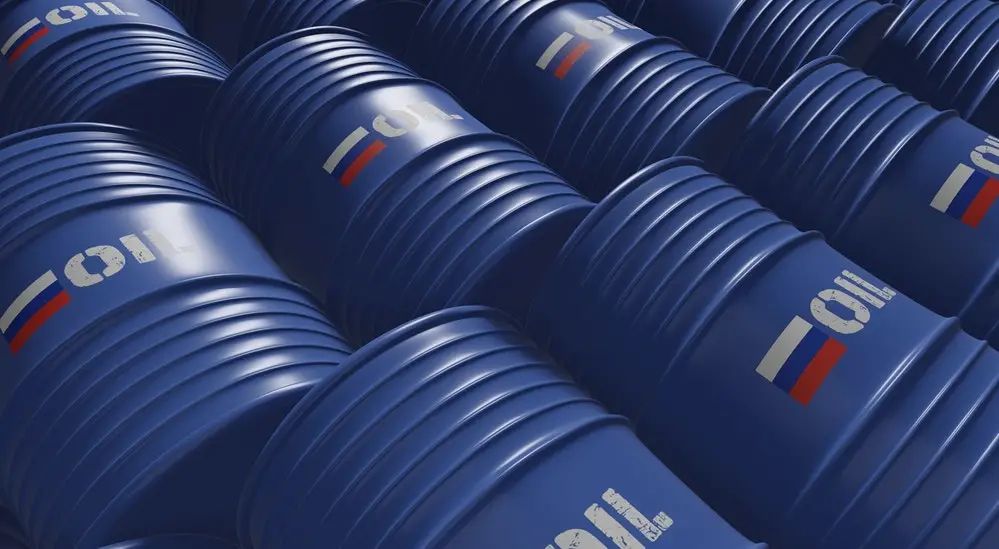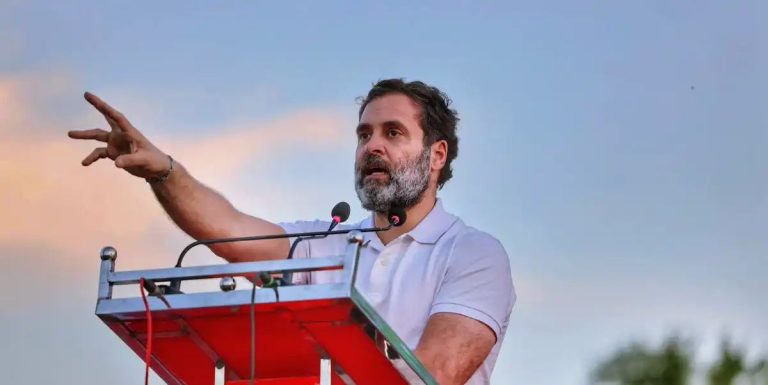Oil For Arms? Russia’s Direct Oil Shipments To North Korea Defy UN Sanctions: Report
The Royal United Services Institute, a U.K. think-tank, provided satellite imagery showing the tankers at Vostochny Port, marking the first direct seaborne oil transfers since the UN’s 2017 sanctions. These sanctions, which Russia had agreed to, were established to curb Pyongyang’s nuclear ambitions.
Hugh Griffiths, a former UN sanctions monitor, said, “These oil deliveries constitute a full-frontal assault against the sanctions regime, which is now on the brink of collapse.”
The tankers, some of which are UN-designated and should not be allowed in foreign ports, were seen loading at a berth operated by a Russian oil company.
Subsequent satellite images confirmed two of the ships offloading in North Korea’s port of Chongjin. Joseph Byrne, a research fellow at Rusi, noted these vessels’ significant capacity and continuous activity between the ports.
The oil shipments coincide with North Korea’s munitions support to Russia, suggesting an “arms-for-oil bartering arrangement,” according to Griffiths. This trade violates the sanctions that Russian President Vladimir Putin had personally endorsed.
The North Korean ships turned off their transponders during the voyages, with one previously identified by the UN in 2018 for illicit oil transfers. The volume of oil products delivered could represent a quarter of North Korea’s annual quota allowed under the sanctions.
Amid these developments, western diplomats at the UN are striving to maintain the sanctions monitoring panel, facing potential opposition from Russia. The panel’s future and the sanctions regime’s effectiveness are now in question as Russia’s actions provide a substantial boost to North Korea’s economy and military capabilities.
Why It Matters: The recent oil deliveries from Russia to North Korea follow a series of events that have shifted the dynamics in global oil markets. In early March, OPEC+ decided to extend its production cuts, and Russia announced additional cuts to its output, which raised questions about the impacts of the war in Ukraine on its oil operations.
By mid-March, oil prices had surged to a four-month high, influenced by tightened global market conditions and disruptions to Russian oil production caused by Ukrainian drone strikes.
Earlier in the year, Putin’s planned visit to North Korea and the subsequent gift of a luxury car to Kim Jong Un signaled a warming of relations between the two nations.
Photo by Yalcin Sonat on Shutterstock
Engineered by Benzinga Neuro, Edited by
The GPT-4-based Benzinga Neuro content generation system exploits the extensive Benzinga Ecosystem, including native data, APIs, and more to create comprehensive and timely stories for you.






